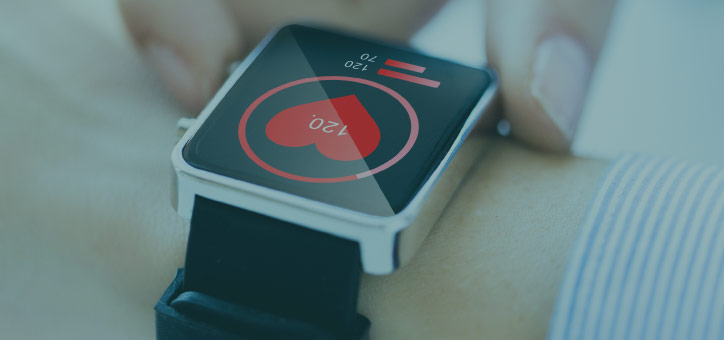For some, digital health and wellness may sound simple and straightforward, but when you really dive deep into this subject, you’ll find that digital health and wellness is a concept that encompasses many different fields, jobs, and individuals with specialized skill sets.
What may initially come to mind when thinking about digital health and wellness is your health app on your iPhone or other similar technology that is able to break down various aspects of your health and wellness. While this is an excellent example of digital health and wellness, this is only one category.
So, take the time to read through this article, which will break down in detail each of the important terms and then the essence of digital health and wellness, as well as the impact this technology has on individuals!
READ MORE: Best Online Health and Wellness Degrees
What Is the Definition of Health and Wellness?

If we are to obtain a comprehensive understanding of digital health and wellness, we should start by breaking down and defining the key terms, namely “health and wellness.”
Health can be thought of with regard to disease, or the absence of disease. Pretty straightforward, right? Implied in the definition of health is that there are specific ways to measure and assess health, such as cholesterol or hormone level.
It’s also important to recognize that health is also a societal construct with different criteria constituting health tied to a specific time in history. Case in point, until the 1990s, osteoporosis was considered a normal part of aging, but our current understanding views this condition as a disease.
Furthermore, health is often divided into two areas: mental health and physical health. Someone can have a physical disease while still being considered mentally healthy and vice versa. This distinction becomes important when we distinguish health from wellness.
Unlike health, wellness is a term that applies to both the mind and body. Total wellness requires that both the body and mind are healthy. Wellness is also a term that often is talked about as a process or something that’s worked toward, a journey.
Now that we’ve talked about both health and wellness, we can really understand what digital health means, which we’re going to explain in the next section, so keep reading!
READ MORE: Ultimate Guide to Health and Wellness
What Does Digital Health Mean?
Simply stated, digital health is the use of technology to address the health problems and challenges of patients in the health care system. Digital health involves many different kinds of disciplines, ranging from doctors to public health authorities to data management professionals.
The digital aspect of the term also encompasses a vast amount of hardware and software, including health apps, telemedicine platforms, and wearable health monitoring devices. The main thing to remember is that if technology is involved with anything health-related, we can classify it under the term digital health.

Why Does Digital Health Matter?
Digital health has been a real game-changer for the health care industry, allowing access to medical and health-related services in places previously underserved. One of the significant advances in digital health has been telemedicine platforms that allow doctors to see patients wherever they are located. These telemedicine platforms are advanced, with many providing virtual waiting rooms for patients, secure information transfer to other hospitals or medical clinics, and the ability to virtually prescribe medication so you can pick up that much-needed medication at your local pharmacy.
Besides the obvious example of telemedicine services, the increasing development of digital health technologies allows patients access to important health information, such as heart rate, physical activity monitoring, and heart rate variability through your smartphone or smartwatch.
Access to this data gives doctors more comprehensive health information and allows each person to take control of their health. The easy monitoring and recording of health data have given rise to health services and apps that help motivate people individually or through their social networks to improve their biometric markers of health, such as weight, stress, pulse, and diet.
We have just scratched the surface with the benefits that digital health technologies are having on the health and wellbeing of individuals. This new technology is creating quicker and often more comprehensive care to patients, which translates into better outcomes for all.
Related:





